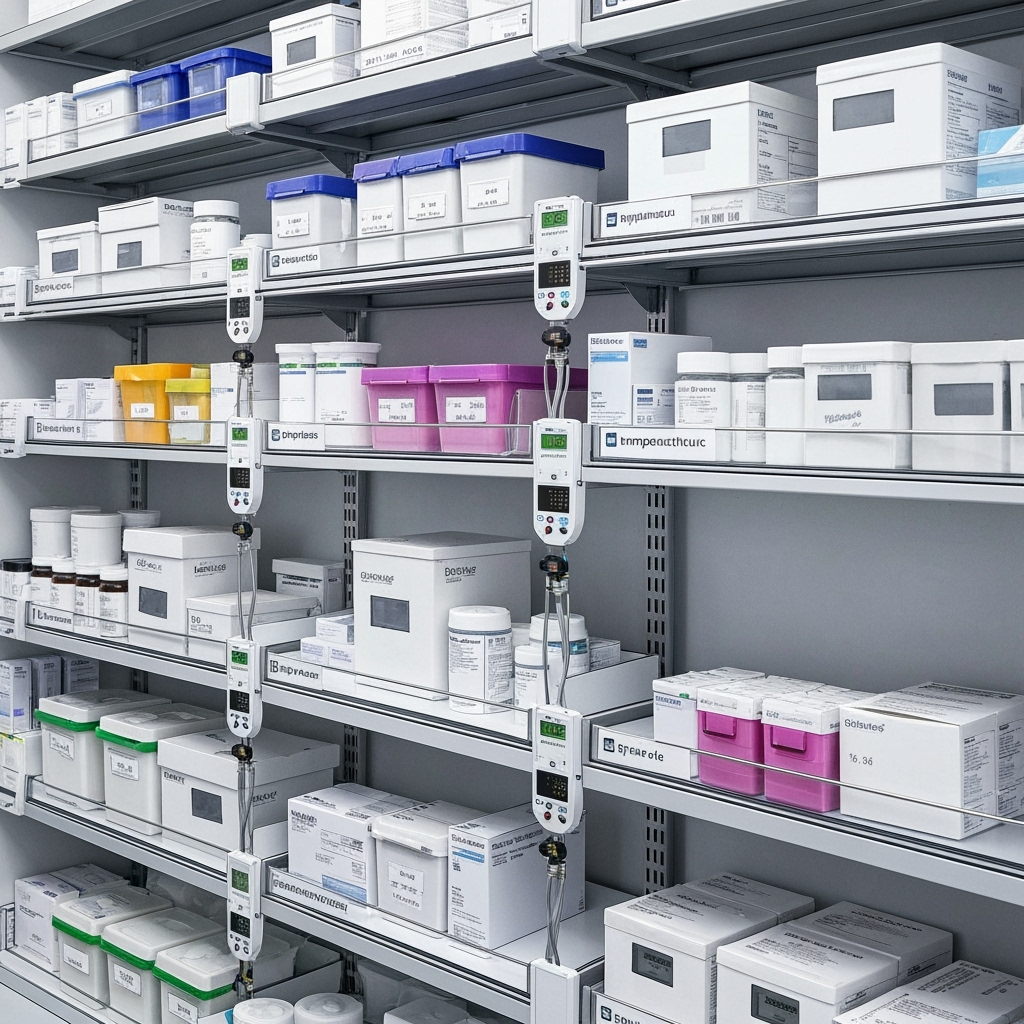
Understanding the Importance of Proper Medical Supply Storage
Managing temperature-sensitive medical supplies requires careful attention to storage conditions and organization. Whether you’re handling prescription medications, medical devices, or essential healthcare supplies, proper storage is crucial for maintaining effectiveness and ensuring accessibility when needed.
Temperature Control Requirements for Different Medical Supplies
Different medical supplies have varying temperature requirements for optimal storage:
- Prescription medications: Most require storage between 68-77°F (20-25°C)
- Insulin and certain biologics: Need refrigeration between 36-46°F (2-8°C)
- Medical devices: Generally stable at room temperature but benefit from consistent climate control
- First aid supplies: Should be kept in a cool, dry place below 86°F (30°C)
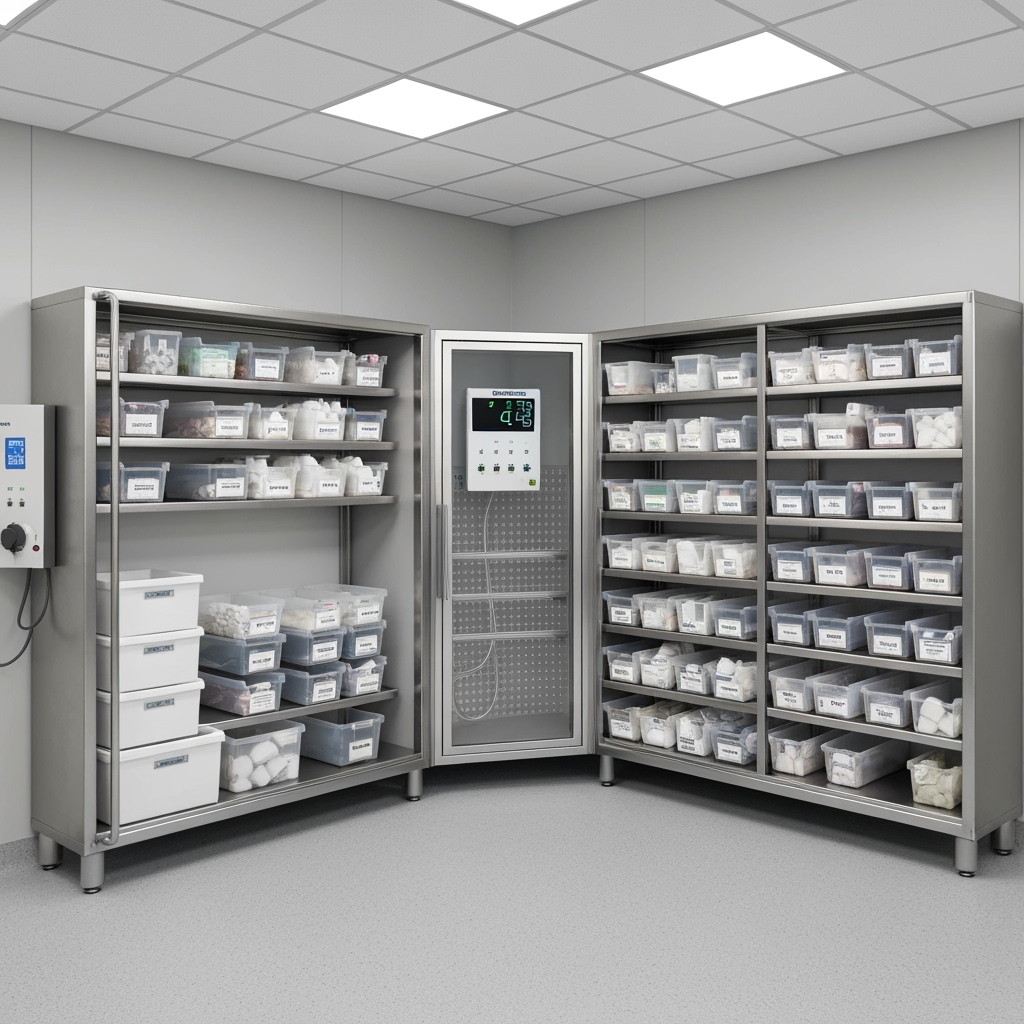
Creating an Accessible Storage System
Accessibility is key when organizing medical supplies. Consider these essential tips:
- Use clear, labeled containers for easy identification
- Implement a first-in, first-out (FIFO) rotation system
- Place frequently used items at easily reachable heights
- Install proper lighting for clear visibility
- Consider pull-out drawers or sliding shelves for better access
Climate-Controlled Storage Solutions
Public Storage’s climate-controlled units offer ideal conditions for medical supply storage:
- Consistent temperature control year-round
- Protection from humidity fluctuations
- Clean, secure environment
- Various unit sizes to accommodate different needs
- Regular maintenance and monitoring
Organization Tips for Maximum Efficiency
Maintain an organized system with these practical strategies:
- Create an inventory tracking system
- Group similar items together
- Use temperature monitoring devices
- Maintain emergency access plans
- Regular inventory checks and updates
Safe Storage of Temperature-Sensitive Items
Follow these best practices for storing temperature-sensitive medical supplies:
- Monitor temperature regularly
- Keep items away from direct sunlight
- Use insulated containers when needed
- Maintain backup power solutions
- Follow manufacturer storage guidelines
Emergency Preparedness and Accessibility
Ensure your storage system includes emergency preparation:
- Create an emergency access plan
- Keep essential items easily accessible
- Maintain a backup inventory list
- Share access information with trusted caregivers
- Regular system review and updates
Making the Most of Your Storage Space
Optimize your storage unit with these space-saving tips:
- Use vertical storage solutions
- Implement modular storage systems
- Create designated zones for different types of supplies
- Use space-efficient containers
- Regular organization maintenance
Conclusion
Proper storage of temperature-sensitive medical supplies is essential for maintaining their effectiveness and ensuring accessibility. With climate-controlled storage solutions from Public Storage, you can create a safe, organized, and accessible system for all your medical supply storage needs. Remember to regularly review and update your storage system to maintain optimal conditions and organization.




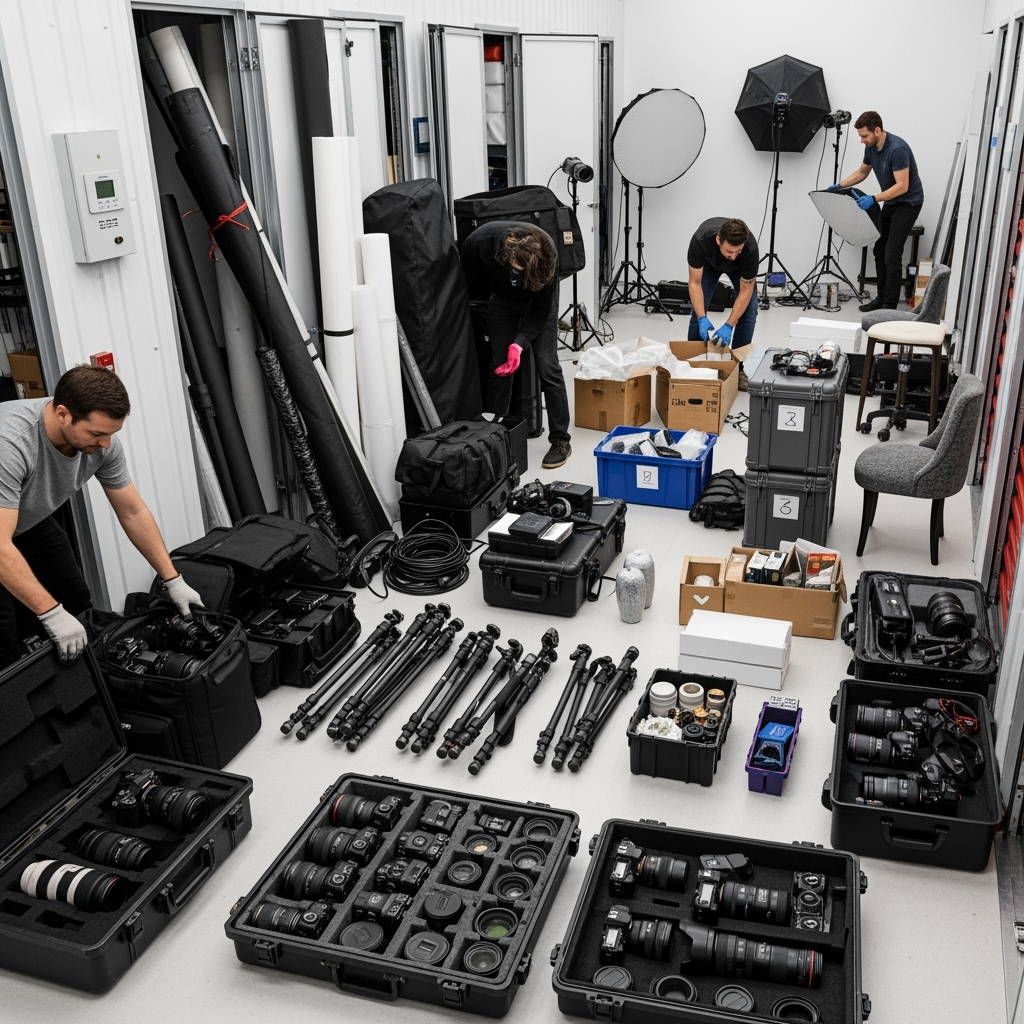
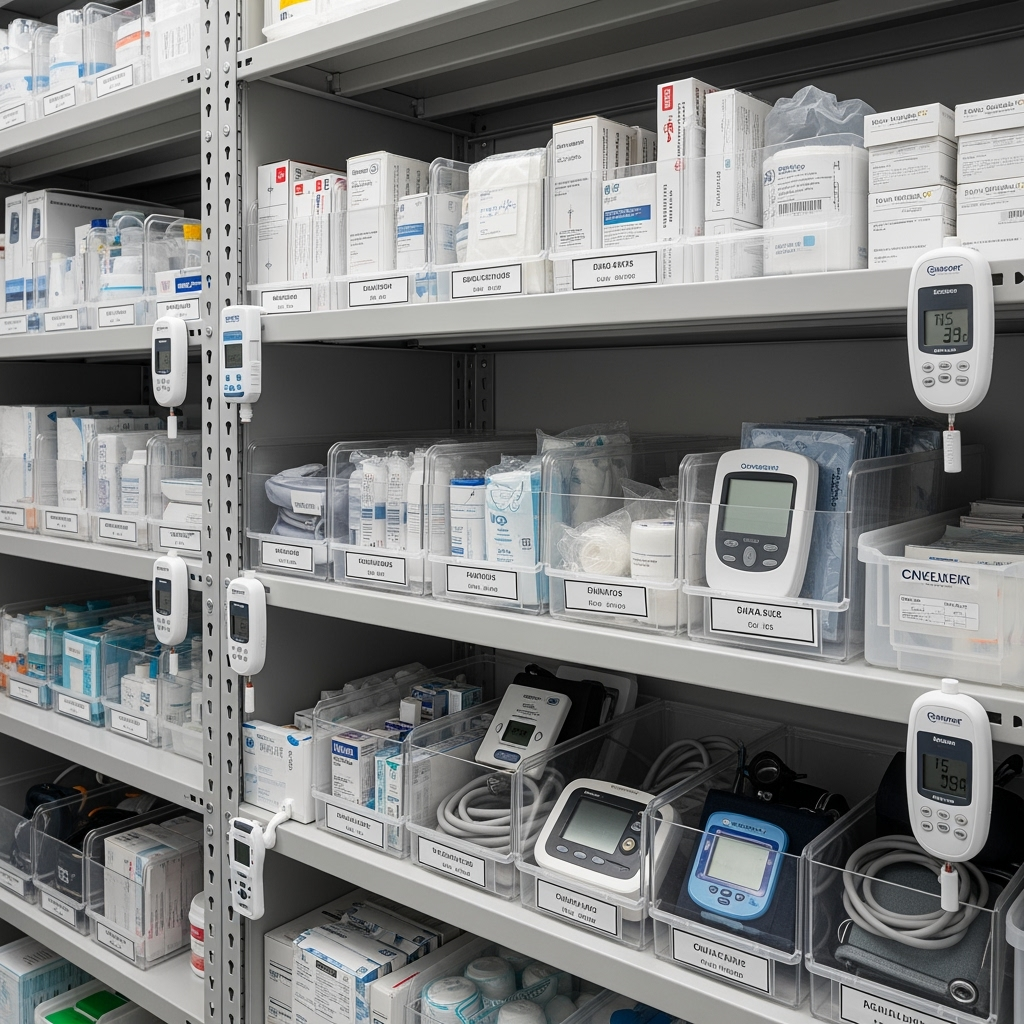
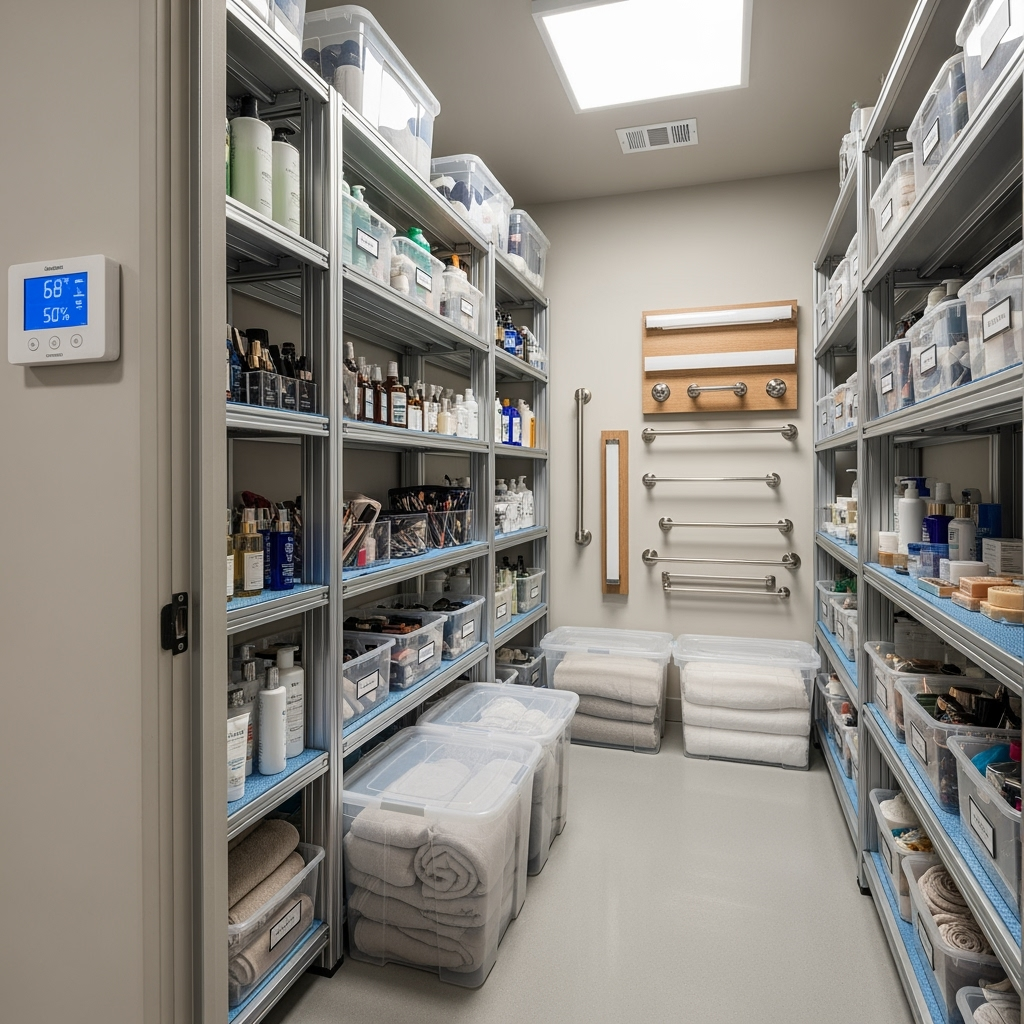
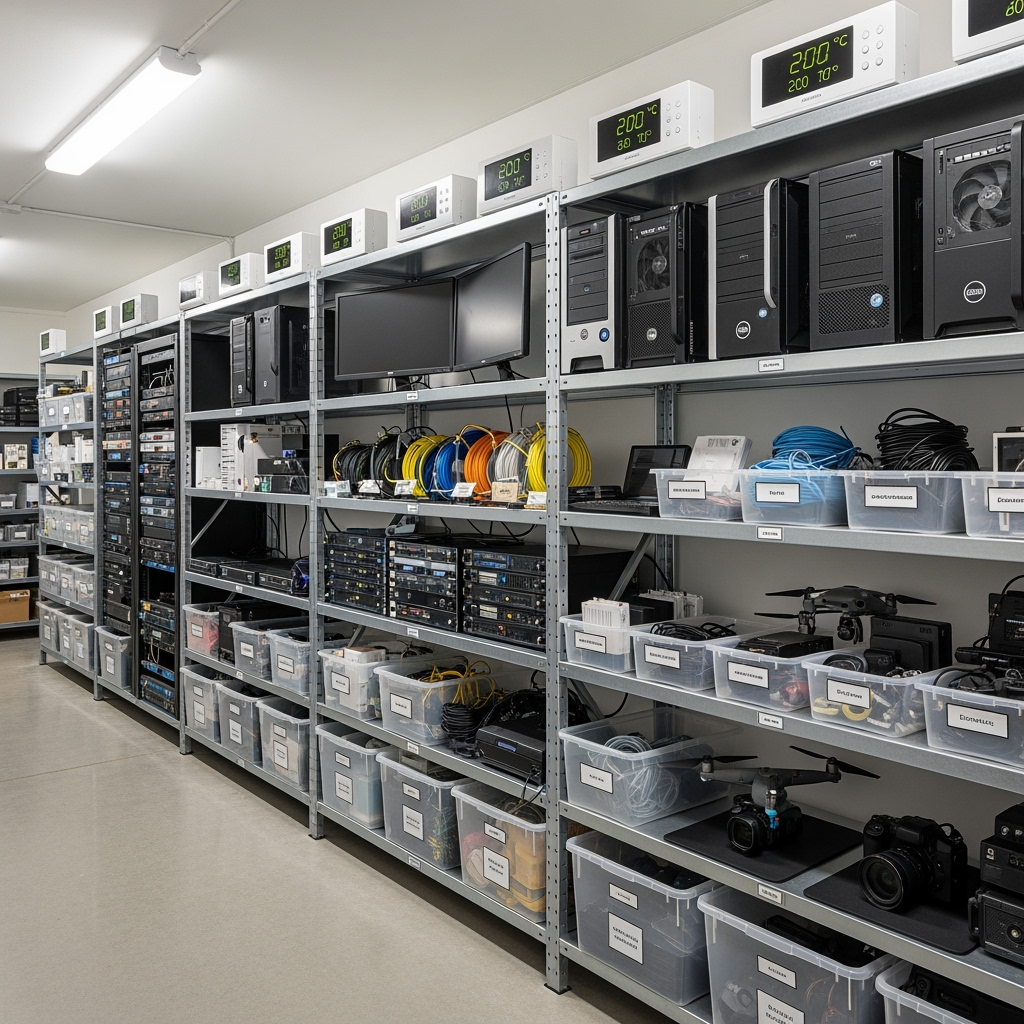
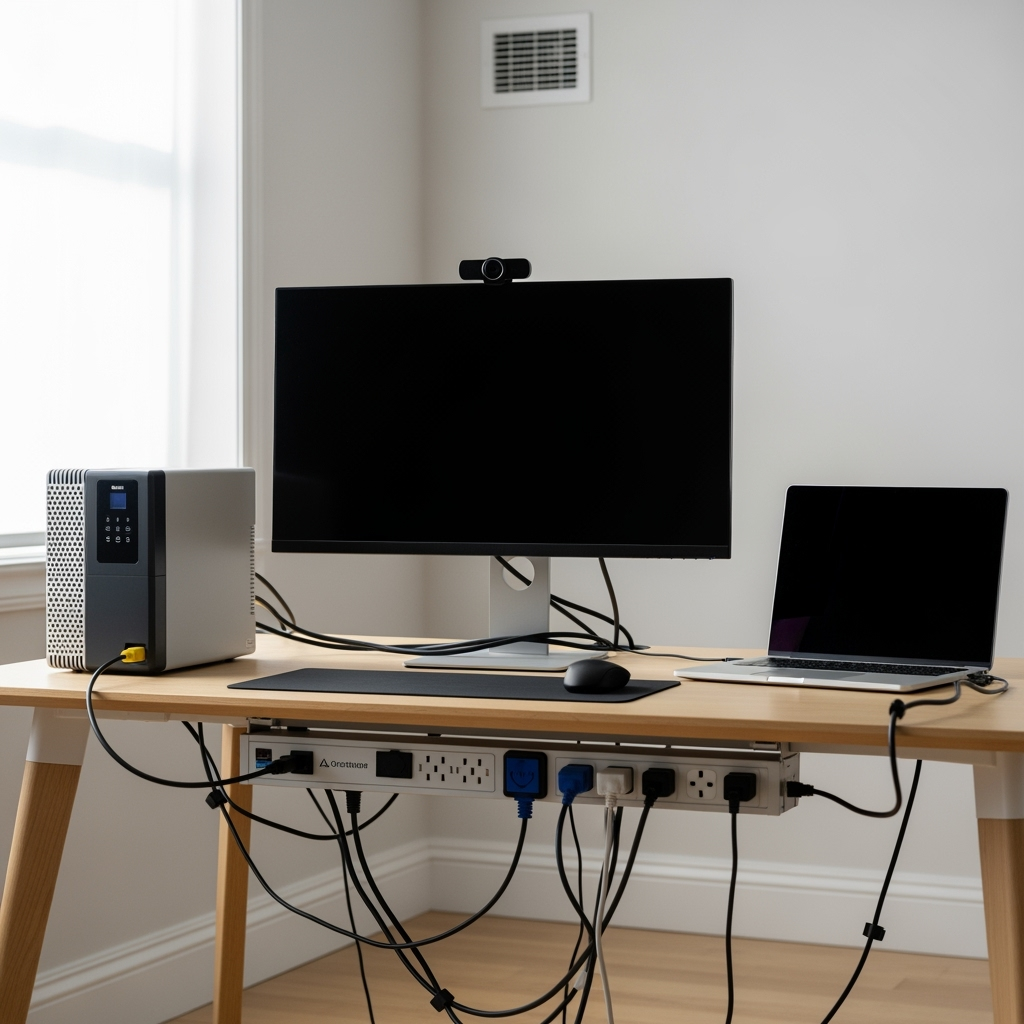
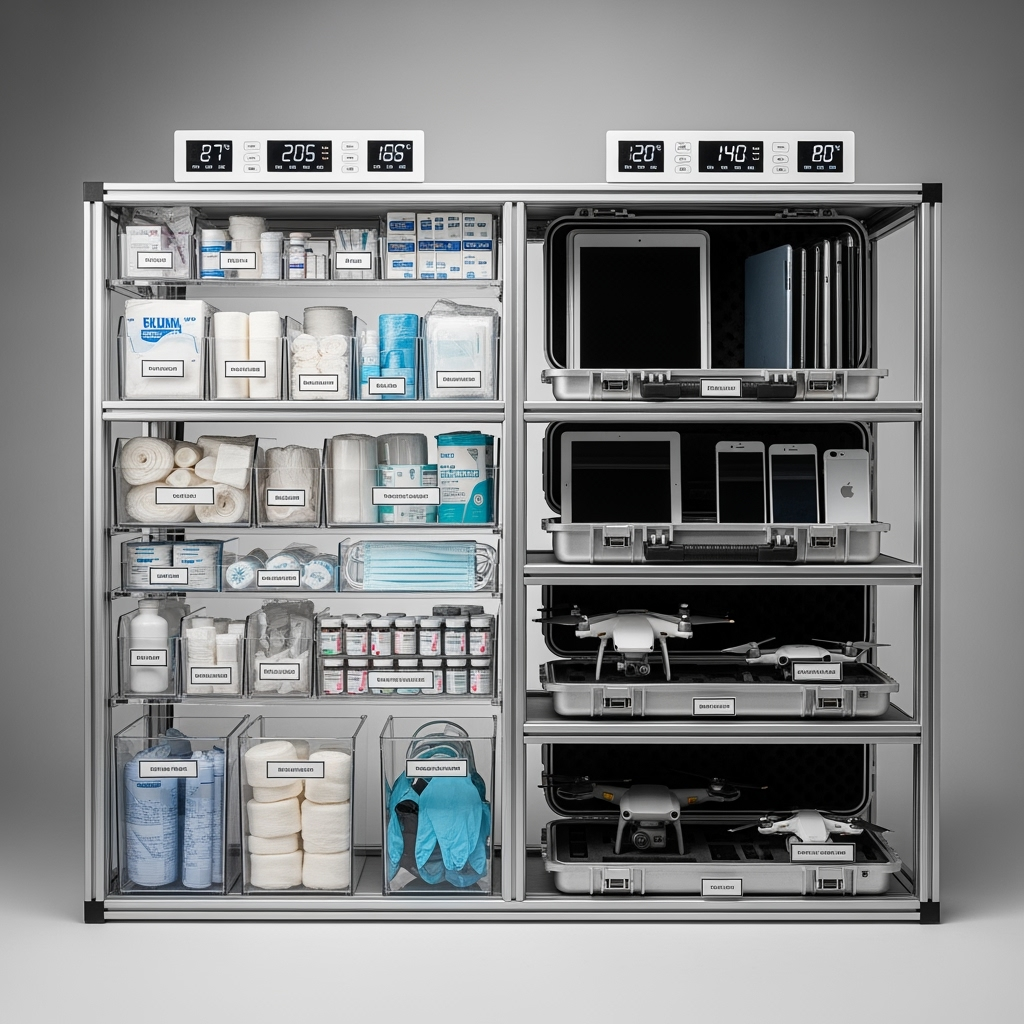
Leave a Reply